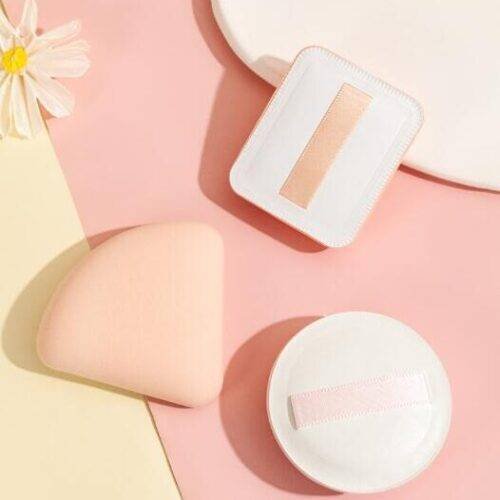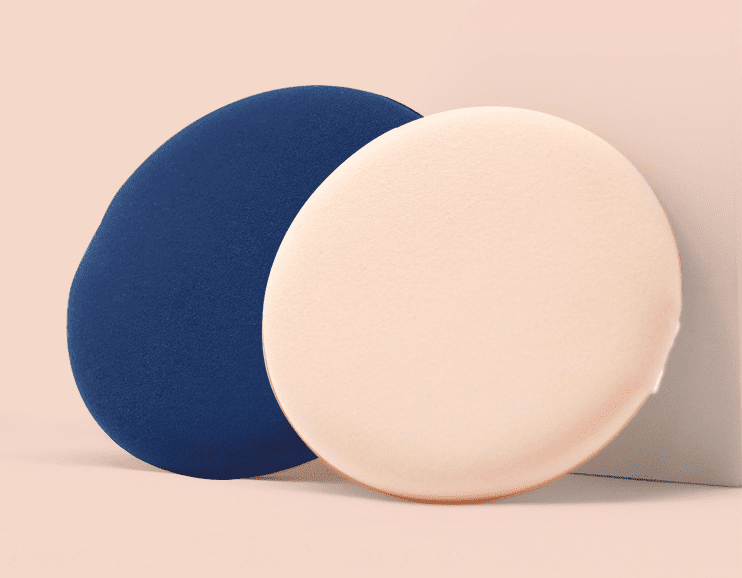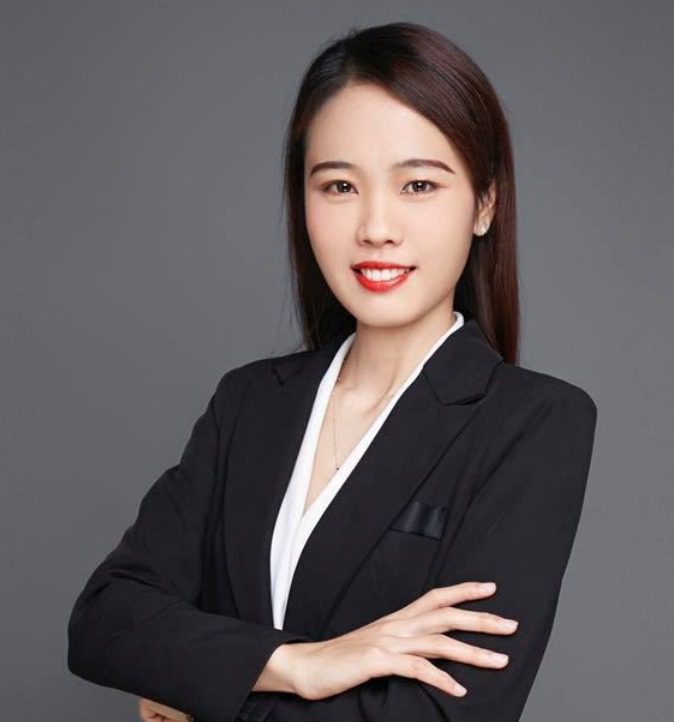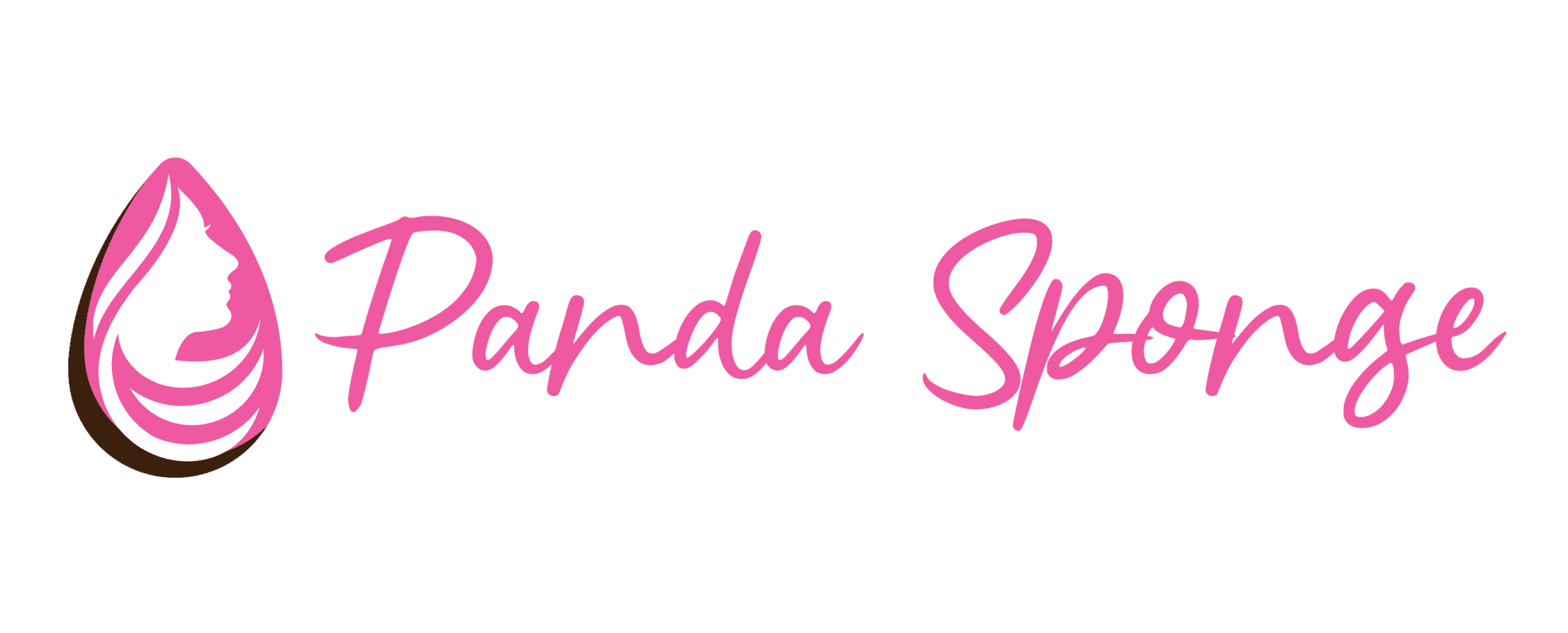Hey there, beauty sourcing pros! Let me tell you a dirty little secret – about 30% of “Rubycell” puffs on the market are actually cheap PU foam knockoffs. After a decade at PANDA SPONGE helping clients navigate this minefield, I’ve developed a foolproof system to separate the real deal from imposters.
Quick Answer: Identifying Genuine Rubycell Foam
Authentic Rubycell foam must pass three tests: 1) Density of 50-60kg/m³ (verified by weight/volume calculation), 2) FDA/ISO22716 certifications, and 3) SDS sheets confirming polyurethane composition. Always request factory audit reports and conduct water absorption tests (real Rubycell absorbs <3% liquid by weight).
I’ll reveal the hidden costs most suppliers won’t tell you about, plus 5 make-or-break questions to ask before signing any wholesale contract.
1 The Density Test: Why Your Kitchen Scale Matters

Let me walk you through the most reliable way to verify Rubycell foam quality – the density test. At our factory, we use professional equipment, but you can perform these simple checks with basic tools:
First, cut a precise 1cm cube sample (use a craft knife and ruler). Place it on a digital kitchen scale – authentic Rubycell should weigh between 0.05-0.06 grams. Anything significantly lighter indicates inferior, less durable material.
Next comes the compression test: press the foam to 50% of its thickness and release. Quality Rubycell rebounds instantly to its original shape without permanent deformation. Poor quality foam either collapses or returns slowly.
Finally, examine the edges. Bend a corner – genuine Rubycell maintains its integrity while cheap foam crumbles or shows stress marks. This indicates poor cell structure that will degrade quickly with use.
2 The Certification Shuffle: Spotting Fake Documents
In our experience vetting suppliers, we’ve encountered several common red flags with certifications. About 20% of suppliers we’ve audited presented questionable documents – some with expired FDA registrations (always check expiration dates), others with suspiciously altered ISO certificates (look for inconsistent fonts or blurry seals). The most frequent excuse? “Our certification is pending approval.”

At PANDA SPONGE, we maintain full transparency about our certifications. We can proudly provide:
- REACH compliance documentation for EU markets
- RoHS test reports showing restricted substance compliance
When verifying suppliers, focus on these key documents:
- FDA 21 CFR 700/701 compliance for cosmetics contact materials
- Valid ISO22716/GMPC certificates (always verify registration numbers on the issuing body’s website)
- REACH test reports if supplying to European customers
3 Hidden Costs That Can Sink Your Margins
When sourcing Rubycell puffs, the quoted price often doesn’t tell the full story. Based on our experience at PANDA SPONGE, here are the most common additional costs buyers should anticipate:
- Mold Fees: Custom shapes typically require new molds, ranging from $500-$3000 depending on complexity. These are usually one-time, non-refundable charges.
- Sample Costs: While some suppliers advertise “free samples,” most charge $30-$200 to cover production and shipping. At PANDA SPONGE, our standard sample fee is $30, which is deducted from future bulk orders.
4 The 5 Questions That Separate Pros From Pretenders
When vetting Rubycell foam suppliers, asking the right questions can mean the difference between a successful partnership and costly mistakes. Here are five essential inquiries we recommend:
- “Can you provide Rubycell foam SDS sheets?”
The Safety Data Sheet reveals the exact material composition. Genuine Rubycell will clearly list polyurethane foam with specific density parameters (typically 50-60kg/m³). This technical document can’t be faked easily. - “What’s your production capacity for 50,000 unit orders?”
This tests both scalability and production planning. Reliable suppliers should be able to complete this volume within 2-3 weeks without quality compromises. Hesitation or vague answers suggest potential bottlenecks. - “Which brands have you supplied in the past 6 months?”
Request 2-3 verifiable references. Recent clients matter more than decade-old partnerships. We’re always happy to connect potential clients with our existing customers for reference checks. - “What’s your defect rate on recent shipments?”
Industry standard is ≤3%. Higher rates indicate quality control issues. Ask for recent QC reports – we maintain detailed records for every shipment. - “Can we arrange a video production line inspection?”
Modern suppliers should accommodate virtual factory tours. Refusal often signals there’s something to hide about working conditions or equipment quality.
5 Water Absorption: The Ultimate Test
Here’s a simple way to test Rubycell quality at home:
- Weigh a dry puff (use a kitchen scale)
- Soak in water for 1 minute, then gently squeeze
- Weigh again – Good Rubycell gains <3% weight
- Check drying time – Should dry completely in 2-3 hours
Pro tip: Rub the wet puff – if it sheds fibers or loses shape, it’s inferior material. Real Rubycell maintains its form after multiple wet/dry cycles.
We perform this test on every production batch at PANDA SPONGE to ensure consistent quality.
Ready to Upgrade Your Beauty Tools with Authentic Rubycell Puffs?
At PANDA SPONGE, we help brands like yours stand out with high-quality, customizable Rubycell makeup puffs—backed by real certifications, rigorous testing, and transparent pricing. Whether you need private label designs, custom shapes, or branded packaging, we’ve got you covered.
✅ OEM/ODM Services – Custom shapes, colors & logos
✅ Low MOQs – Start with as few as 5,000 pcs
✅ Fast Turnaround – Samples in 7 days, bulk orders in 3-4 weeks
✅ Quality Guaranteed – Every batch tested for density, absorption & durability
Let’s make your vision a reality! Contact us today for samples, quotes, or a consultation.

Maggie Peng serves as the esteemed Product Manager at Panda Sponge, where she has garnered a wealth of experience and expertise over the course of five years. With a primary focus on product design, testing, and development, Maggie has consistently exhibited her prowess in these domains.
